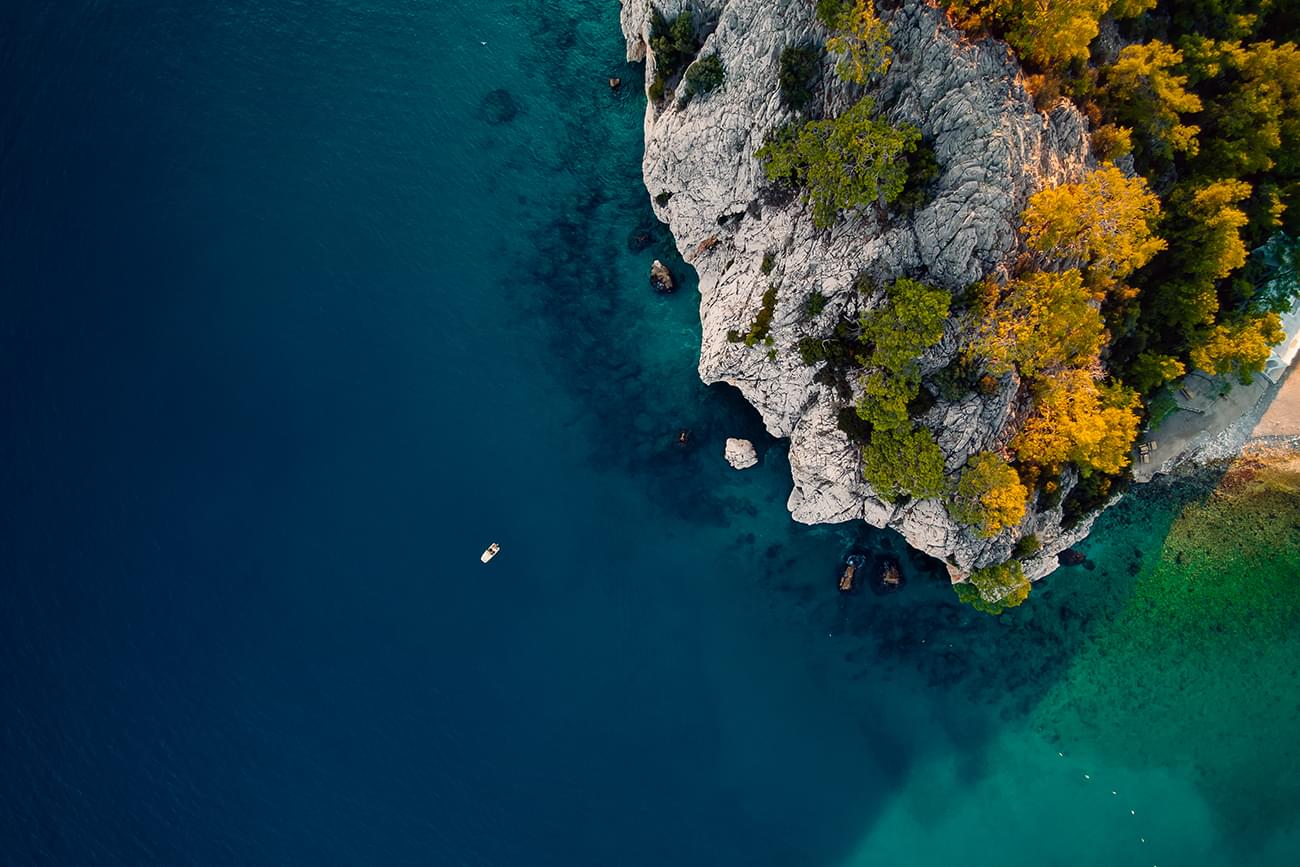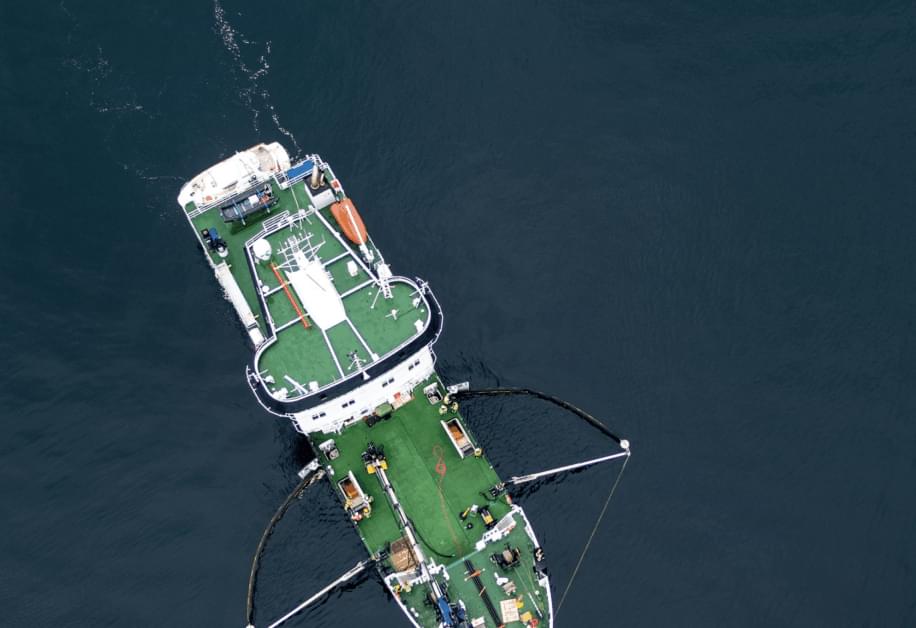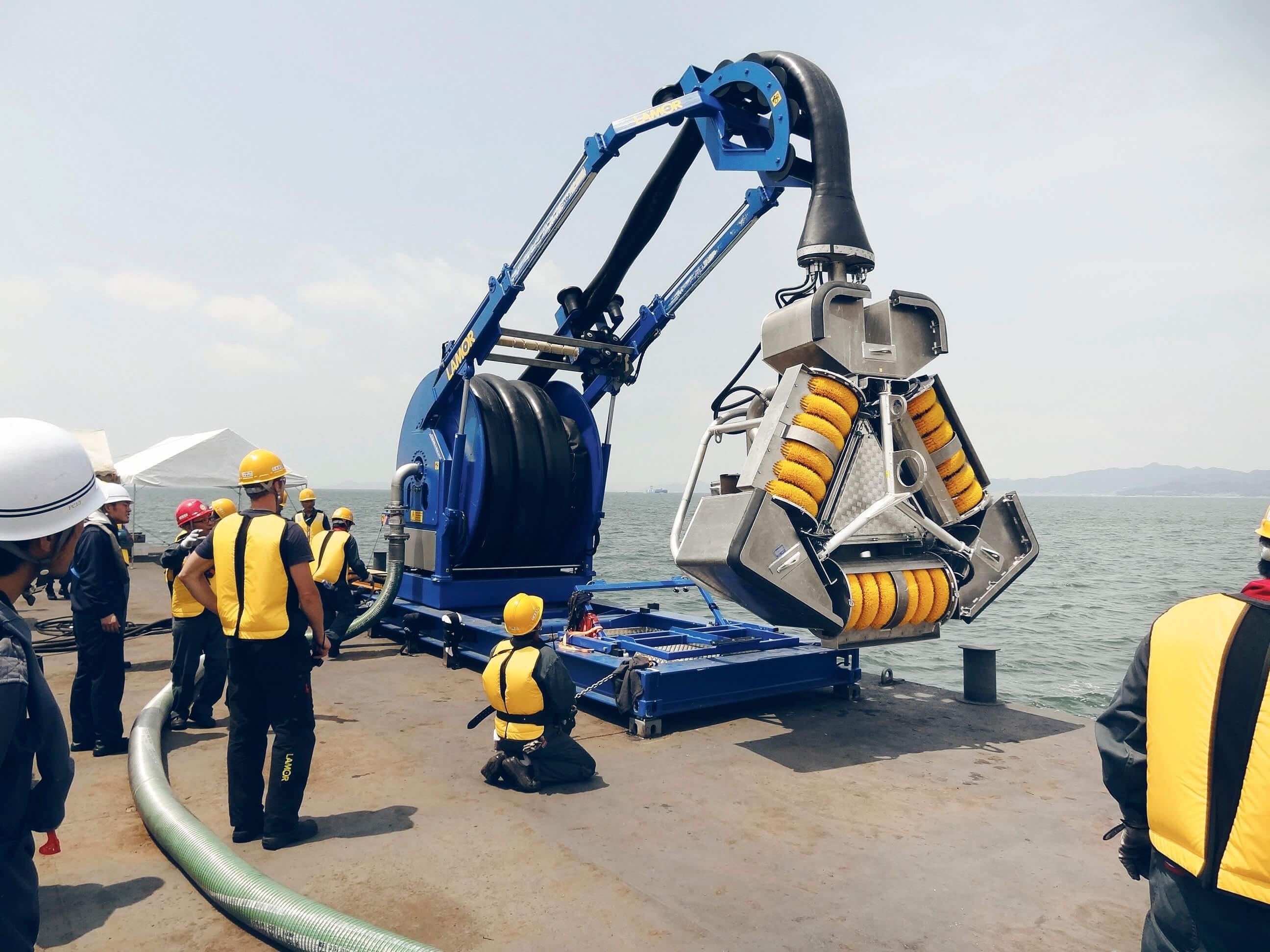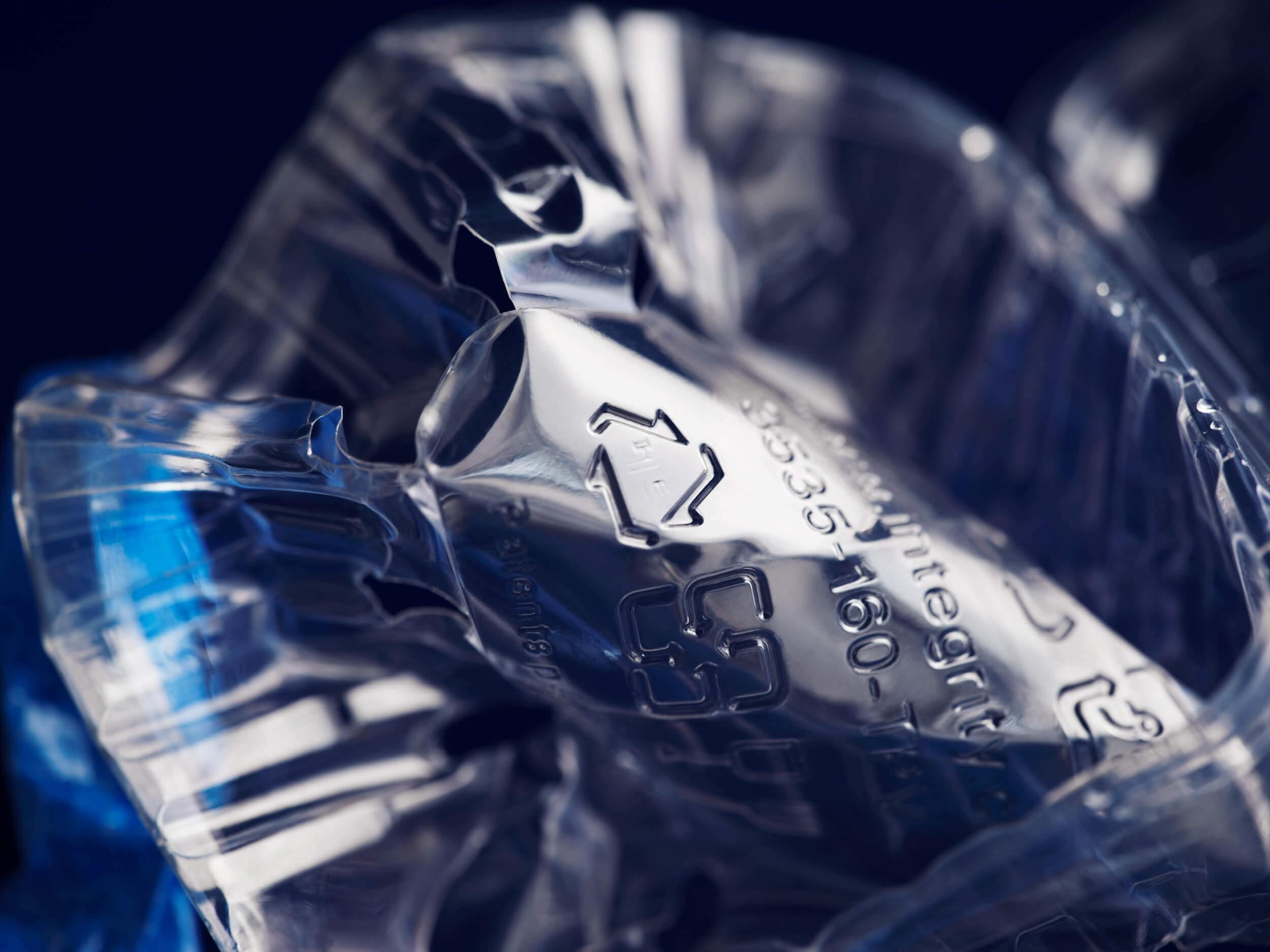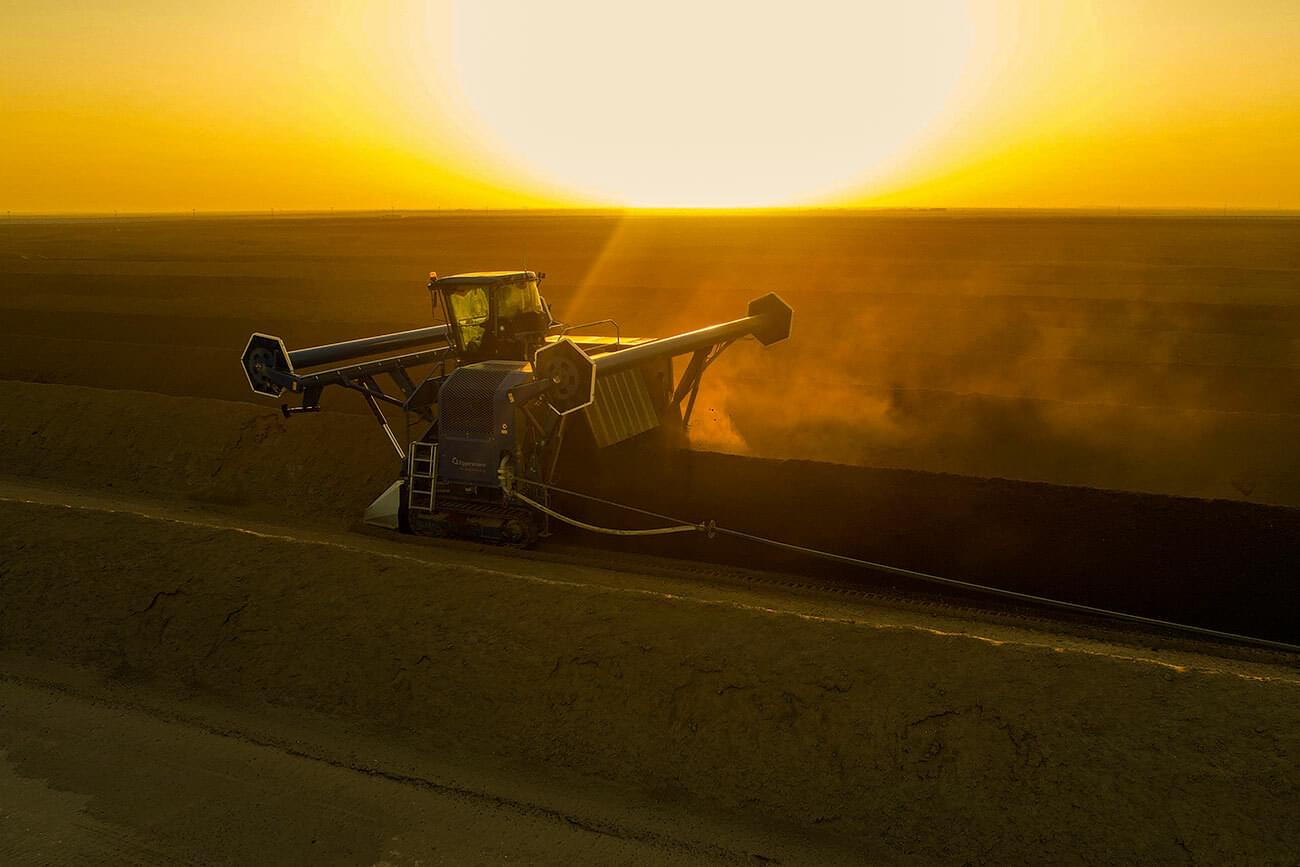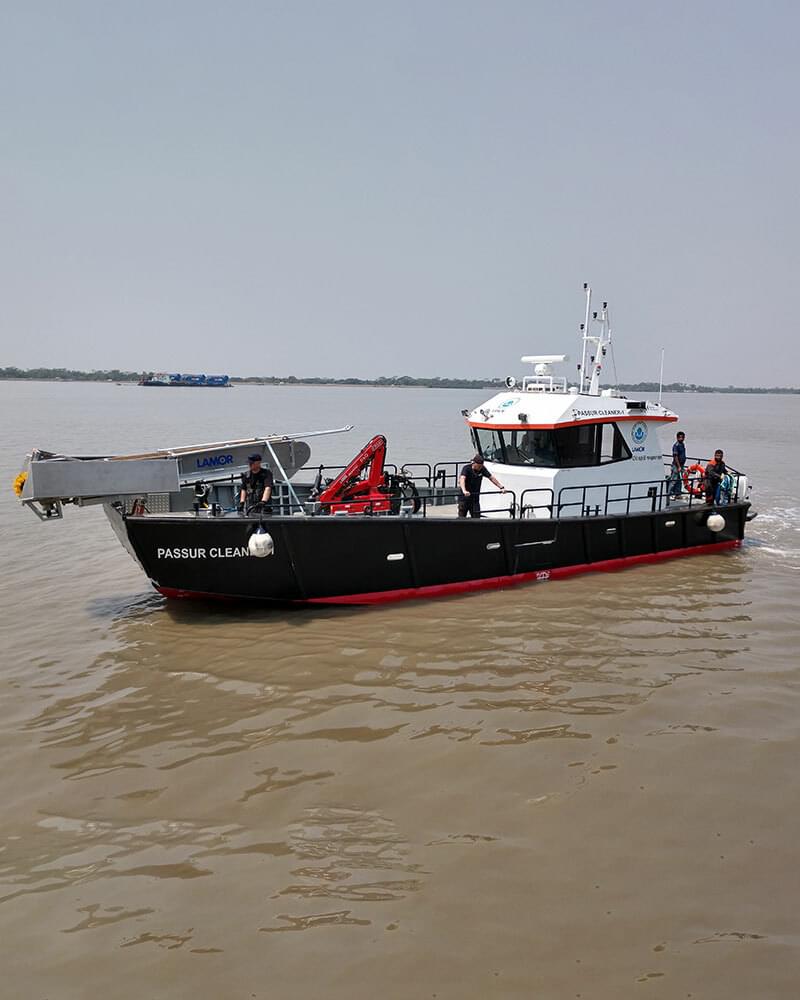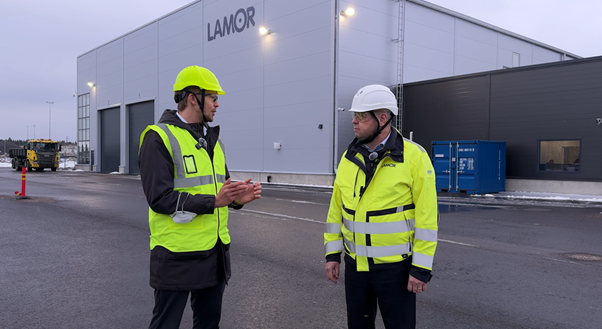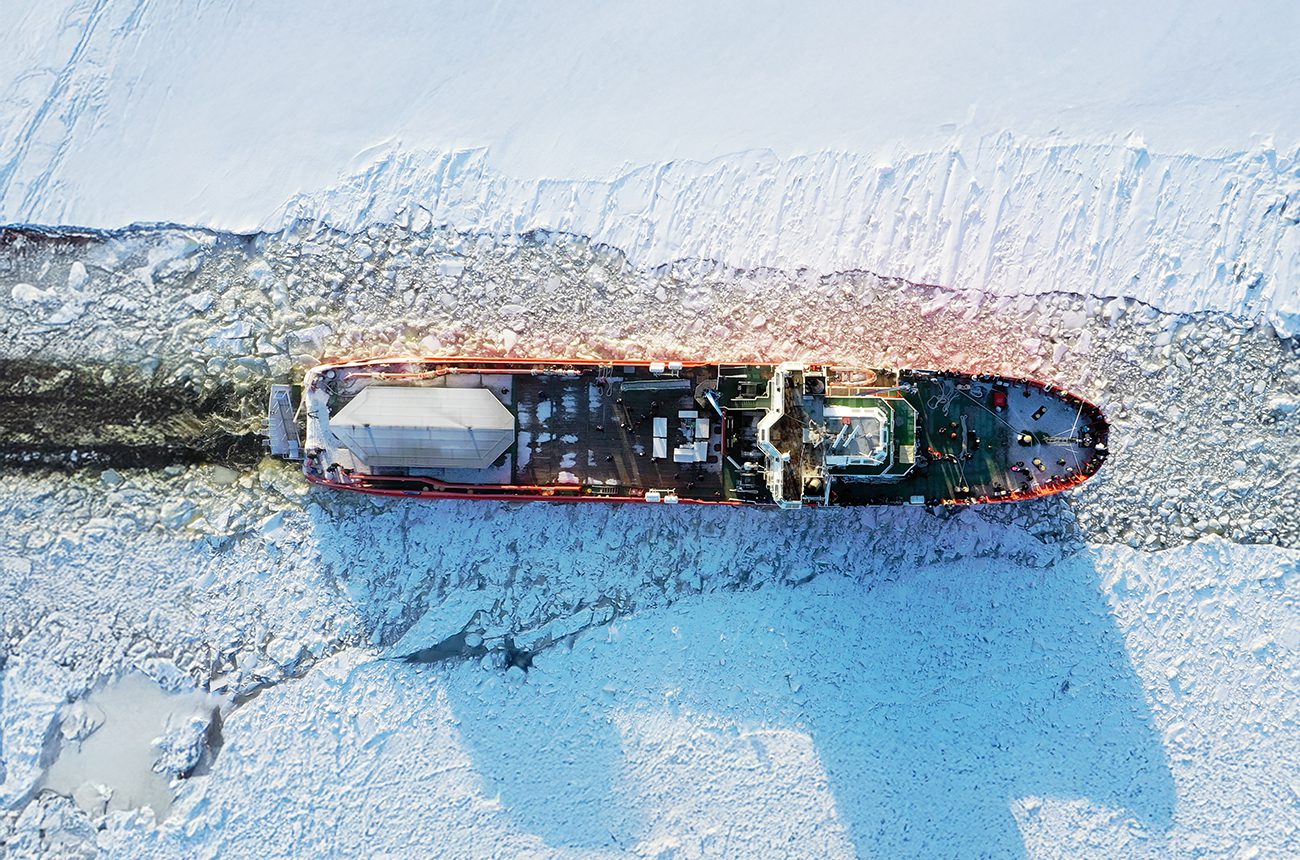Blog: Escalating Risks in the Baltic Sea Demand Action
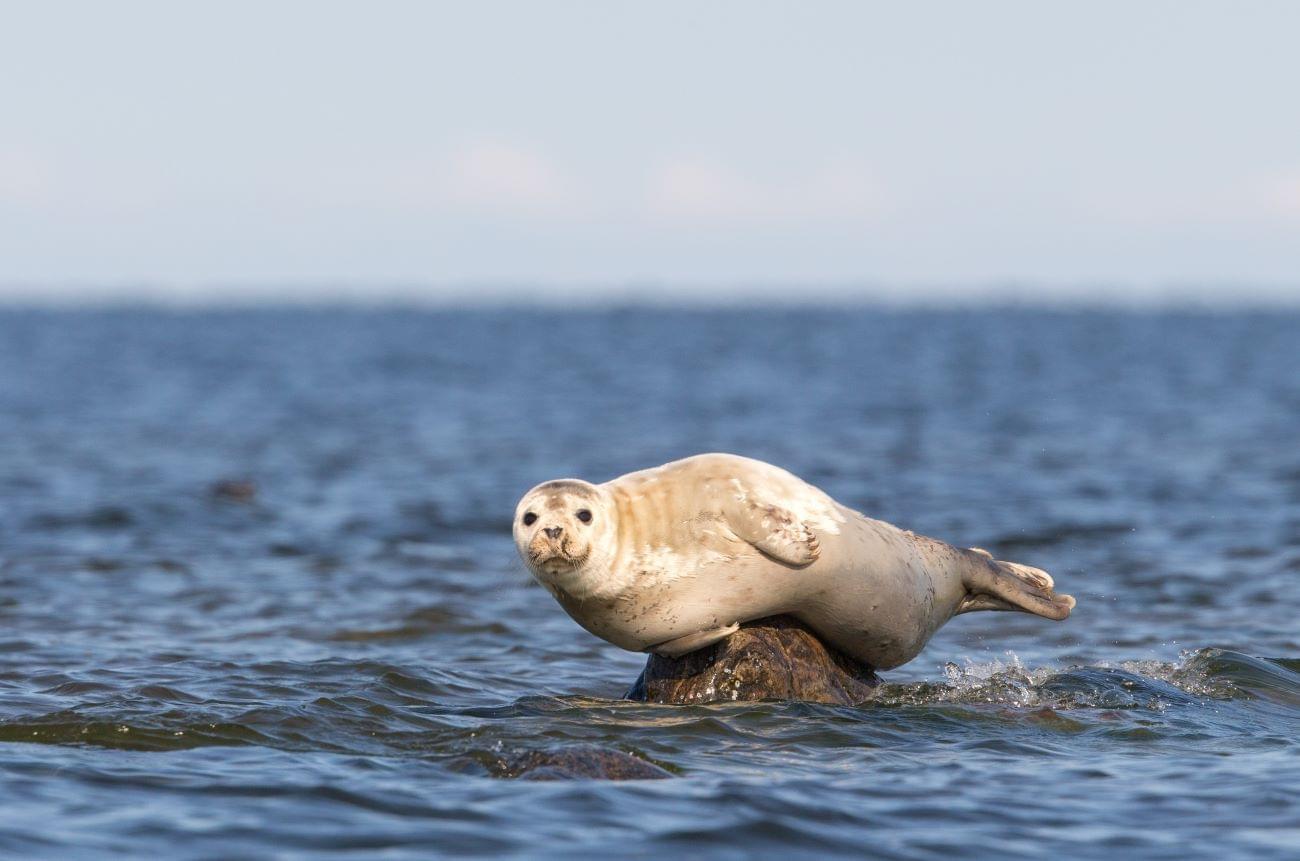
The intense traffic of oil tankers in the Baltic Sea has significantly heightened the risk of accidents leading to oil spills in this environmentally sensitive area. Some 200 crude oil tankers depart each month from Russian ports in the Gulf of Finland with a transport capacity between 100,000 and 150,000 m³.
And it only takes 30,000 to 40,000 m³ of crude oil to theoretically cover the entire Gulf of Finland with a thin oil film.
This elevated risk is further enhanced by the increasingly compromised state of the vessels involved, a larger portion of which are “ghost” oil tankers way over 15 years old, lacking proper insurances and certifications for safety and maintenance, often unidentifiable.
Current preparedness and international cooperation
To enhance preparedness and coordination for oil spill incidents, various collaborative bodies, such as the Helsinki Commission (HELCOM), have been instituted. As a key regional intergovernmental organization devoted to the Baltic Sea’s marine environment protection, HELCOM is instrumental in facilitating the prevention and mitigation of pollution from ships and oil spills. Its member countries collaborate to exchange information, techniques, and best practices to enhance recovery operations and mitigate the impact of oil spills on marine ecosystems.
To combat potential oil spills, Baltic Sea nations have collectively established a recovery capacity of 6100 m³/h, or approximately 150,000 m³ over a 24-hour period. This theoretical capacity represents the concerted efforts of Sweden, Finland, Germany, Russia, Poland, Denmark, Estonia, Latvia, and Lithuania.
However, real-world incidents such as the M/S Prestige catastrophe - with 76,000 m³ crude oil released into the sea - have revealed that actual recovery capabilities often fall significantly short of theoretical estimates, sometimes to as little as 10%, due to various operational constraints.
Situation calls for joint actions to improve oil spill preparedness
Experiences from previous incidents have underscored the urgency of prompt and effective action to minimize environmental damage, highlighting the need for robust international cooperation, cutting-edge oil recovery technology, and ongoing vigilance and improvement in safety protocols for vessels navigating the Baltic Sea.
These challenges mean that the practical oil spill recovery capacity is impeded by numerous factors including weather conditions, and limited recovery tank capacity, which can considerably diminish the efficacy of response efforts. For instance, strong winds and turbulent seas can disperse oil over a wide area, complicating collection efforts, while icy conditions can hinder access to affected sites, especially during the winter around the Baltic Sea.
While significant strides have been made, there’s a compelling need for enhanced cross-border collaboration to further address the escalating risks in the Baltic Sea:
- Enhance vessel compliance: Implement stringent safety protocols and even consider pre-entry inspections for "ghost/grey" vessels entering the Baltic Sea, preventing accidents and environmental harm.
- Boost oil spill response capabilities: Significantly increase investment in oil spill response infrastructure to ensure flexible preparedness and timely efficiency through aligned cross-border capabilities.
- Strengthen international cooperation: Foster wider collaboration and expedite decision-making across the states around the Baltic Sea, international organizations and private entities to manage various oil spill scenarios effectively across national and international waters.
- Prioritize environmental protection measures: Launch cross-border initiatives to protect the Baltic Sea ecosystem, focusing on more advanced surveillance, more efficient/flexible emergency response, and stricter regulation of ship-generated liquid waste.
At a critical juncture, the Baltic Sea’s environmental security is compromised by deteriorating fleet conditions and dense traffic, underscoring the urgent need for bolstered vessel compliance, enhanced oil spill response, deeper international/cross-border cooperation, and targeted environmental protection initiatives.
Stay in the know
Sign up for our newsletter to learn more about innovations enabling the survival of our dear planet.

